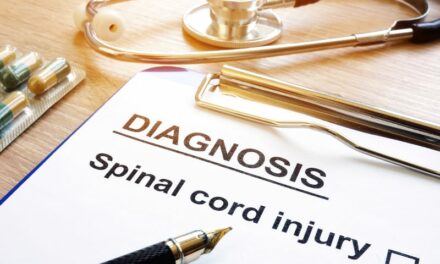.png)
The study, funded by the Wellcome Trust and Arthritis Research UK, highlights the potential cause behind the conventional association of lumbar disc degeneration (LDD) with lower back pain. The link, researchers explain, lies with the PARK2 gene. Researchers report that during the study, they compared MRI images of the spine in 4,600 individuals with genome-wide association data. The results spotlighted the gene PARK2 and implicated its presence in patients with degenerative discs, noting that its presence could also impact the rate at which patients would deteriorate.
According to researchers, the study indicates that the gene may be switched off in patients with LDD. They hypothesize that lifestyle and diet could trigger the switch by making epigenetic modifications to the gene. Frances Williams, PhD, FRCP(E), senior lecturer, Department of Twin Research and Genetic Epidemiology, King’s College London, adds that, “Further work by disc researchers to define the role of this gene will, we hope, shed light on one of the most important causes of lower back pain…if we can build on this finding and improve our knowledge of the condition, we may one day be able to develop new, more effective treatments for back pain caused by this common condition,” Williams says.
Source: King’s College London




